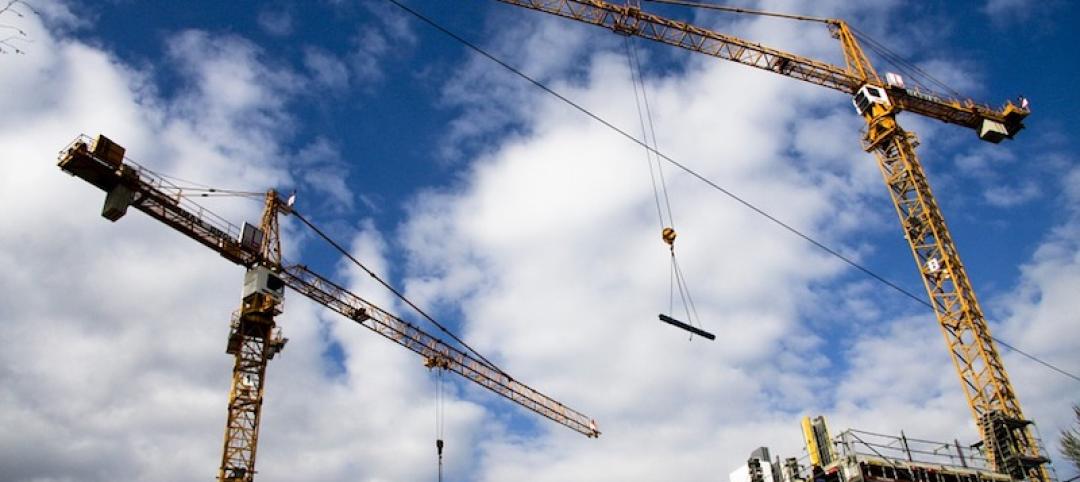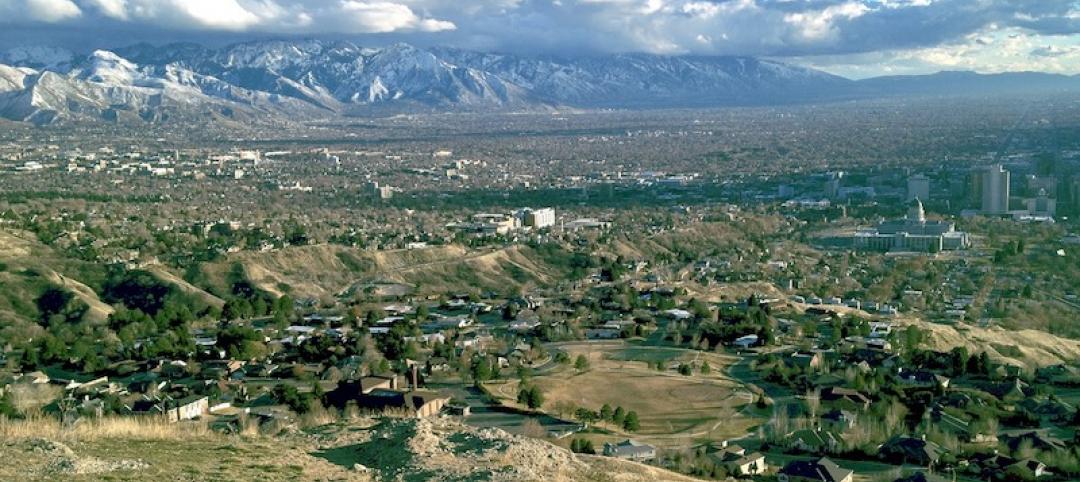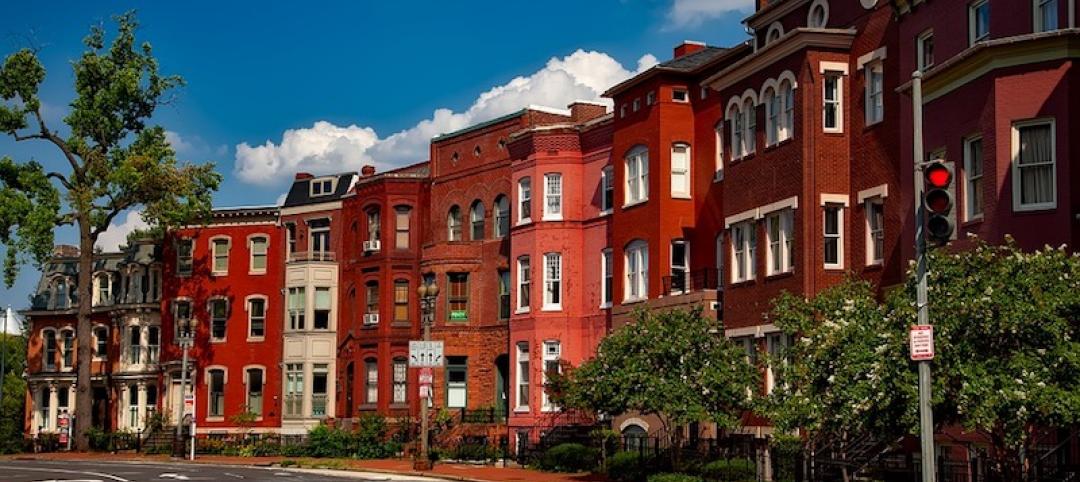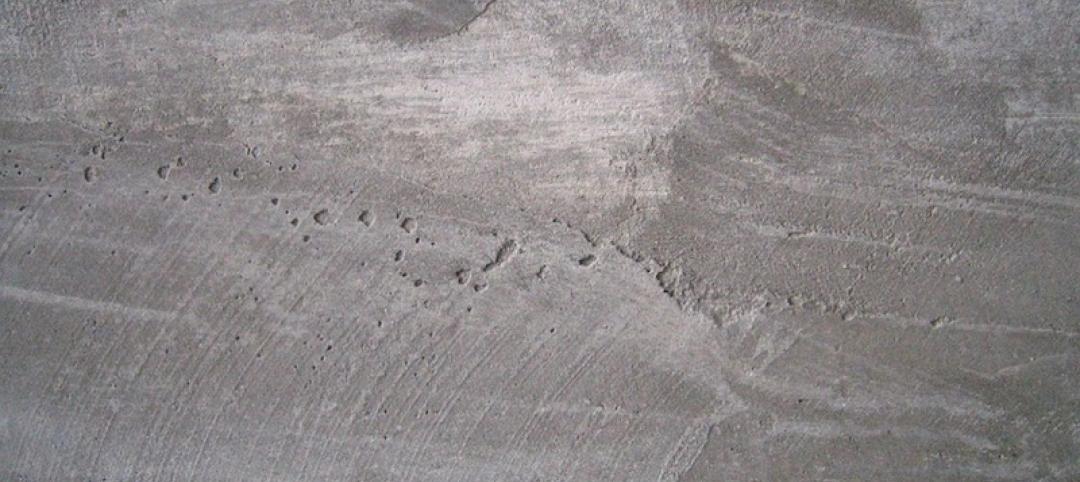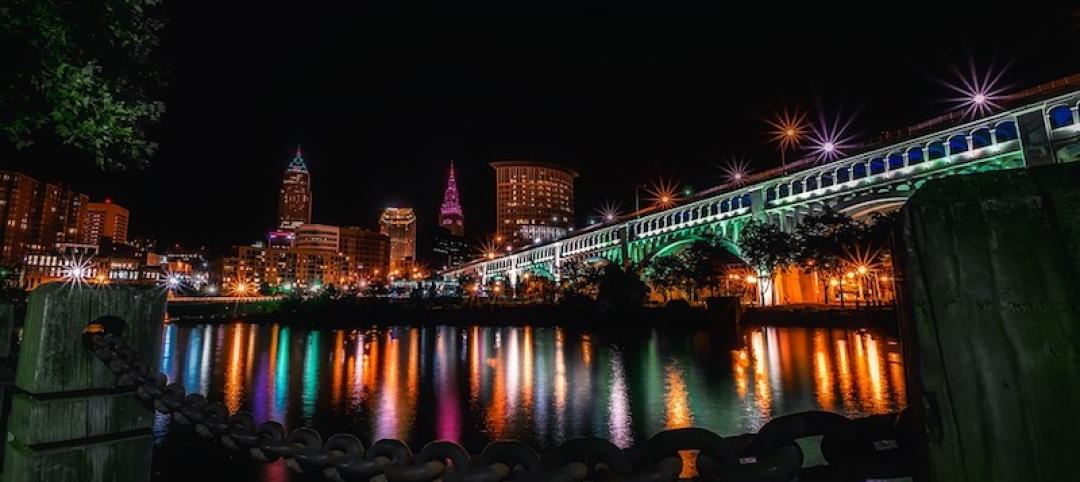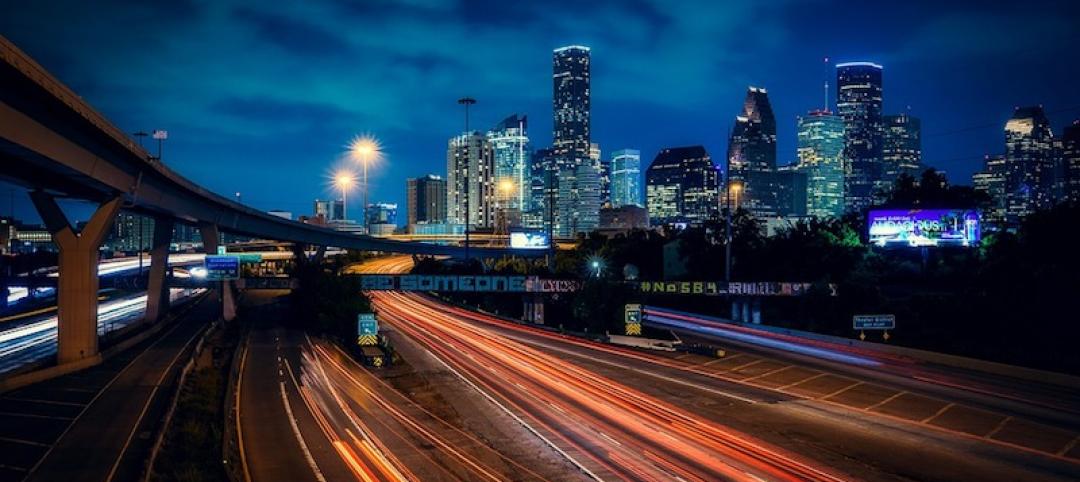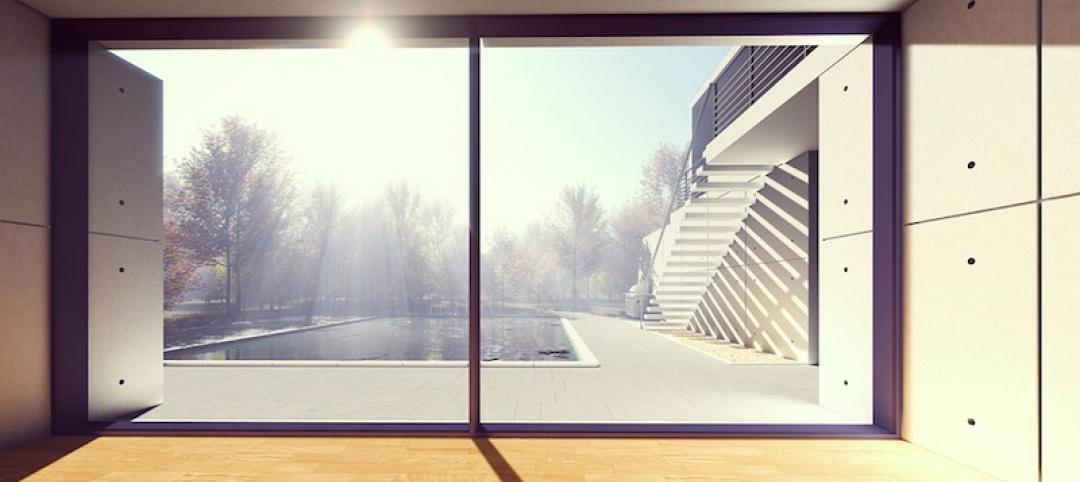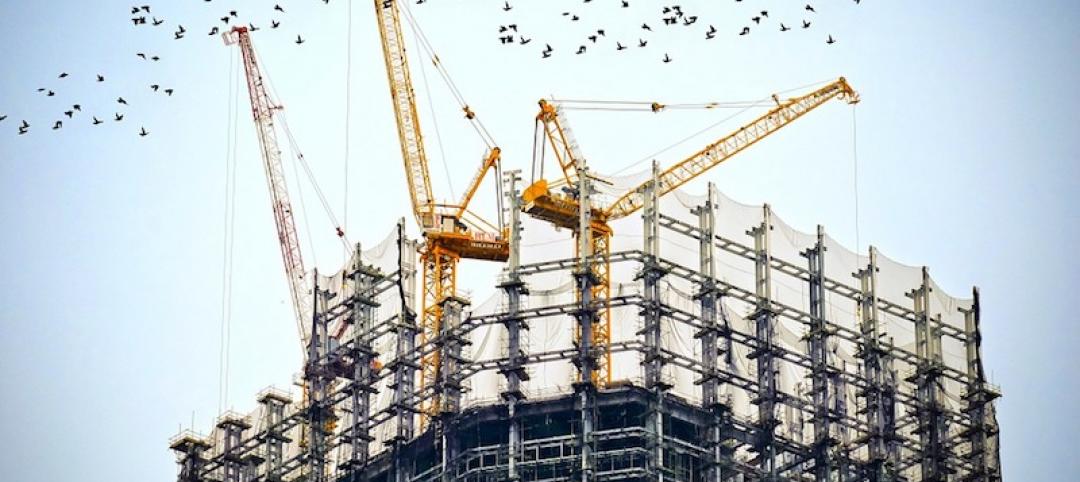Ten prominent real estate groups have signed on as partners in New York State's $50 million Empire Building Challenge, an effort to make high-rise buildings carbon-free.
Challenge partners collectively control over 130 million sf of real estate in New York State, including more than 250 buildings that contain affordable housing. The partners have each pledged to achieve carbon neutrality in one or more of their buildings and in more than 700 units of affordable housing collectively. They also have the potential to scale efforts across their portfolios to more than 25,000 units of affordable housing. Exceeding program requirements, Vornado, Empire State Realty Trust, and Rudin Management Company have all committed to achieving carbon neutrality in their entire real estate portfolios.
Partners will choose technology and innovation experts to help develop a replicable low-carbon retrofit solution proposal for addressing one or more barriers to achieving decarbonization in their buildings. Partners can submit retrofit solution proposals to the state to be evaluated competitively for up to $5 million to support development and implementation of their proposal.
Proposals will be evaluated based on a project’s scalability and feasibility in addressing the major challenges of decarbonizing high-rise buildings, and also on the building owner's willingness and ability to implement solutions across their portfolio.
Related Stories
Codes and Standards | Jul 17, 2018
In many markets, green features are more of a requirement for apartment renters
Renters in many U.S. cities have come to expect green features in apartments that they rent, with an eye toward energy efficiency and healthy indoor air.
Codes and Standards | Jul 16, 2018
Length of North American construction disputes continues to increase
They already far exceed global average.
Codes and Standards | Jul 12, 2018
Developer says net zero Salt Lake City apartment high-rise built at standard cost
Off-site solar, and mechanical/electrical system savings aid the achievement.
Codes and Standards | Jul 11, 2018
D.C. local worker requirement not being met
Government doing little to verify self-reported project data.
Codes and Standards | Jul 10, 2018
Carbon emissions in cement production threaten GHG reduction goals
Cement is essential to many infrastructure projects that address climate change.
Codes and Standards | Jul 10, 2018
DOE’s Better Buildings Summit to be held in Cleveland, August 21-23
Agenda includes technical training and networking opportunities.
Codes and Standards | Jul 6, 2018
Houston’s lessons learned from Harvey include lack of awareness by residents of flood danger
Inconsistent regulatory environment also cited.
Codes and Standards | Jul 6, 2018
Delos and HDR will co-develop wellness design tools and collaborate on research
WELL Building Standard pioneer teams with architects to advance wellness innovations in the built environment.
Codes and Standards | Jul 5, 2018
BREEAM New Construction standard launched in U.S.
Follows successful launch of BREEAM In-Use standard.
Codes and Standards | Jun 29, 2018
Nearly half of nonresidential construction projects now delivered by design-build
‘Alternative’ method now mainstream for nonresidential, highway/street, and water/wastewater construction projects.




